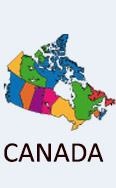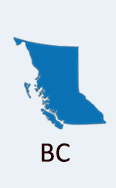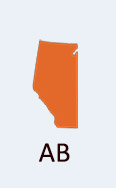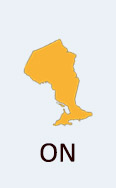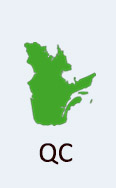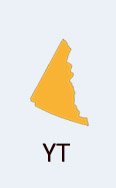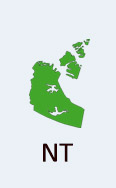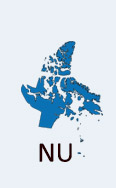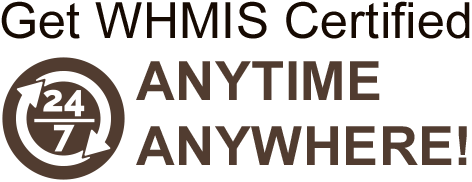| TRAINEE LOGIN | | | EMPLOYER / BILLING LOGIN | | | CONTACT US |
BC WHMIS Training & Certification
The Workplace Hazardous Materials Information System (WHMIS) in Canada comes from a combination of federal, provincial, and territorial legislation. The federal components are the Hazardous Products Act and the Controlled Products Regulations. When people talk about employers having a requirement to educate their workers on WHMIS, they are talking about educating them on the information from the federal act and regulations.
This ensures that the WHMIS symbols, classifications of hazards, and labeling for WHMIS are the same for BC WHMIS as they would be for any other province or territory making the WHMIS course materials standard across Canada when it comes to the information workers need to know from the WHMIS legislation. This national consistency is an important part of the Canadian WHMIS program.
In British Columbia and the other provinces and territories, there is also local legislation and regulation for the implementation and enforcement of WHMIS. In BC this is covered in the Workers Compensation Act and Occupational Health and Safety Regulation, Part 5.
As an employer in BC, do I need to educate and train my employees on WHMIS?
The simple answer to this question is Yes. If hazardous products are present at the work place, it is a requirement for employers to educate their workers on WHMIS, as part of an overall workplace health and safety program.
This includes education on what WHMIS is, the classifications of hazards, labeling and how to read a Safety Data Sheet (SDS) and is often referred to as "Generic WHMIS" because it would be the same training materials for any workplace regardless of the products used in the workplace and regardless of the types of hazards from these products. The employer has a second part to this responsibility and that is to provide more product specific or site-specific training on the products and hazards that are applicable to the work that an individual employee is performing and the products they would handle or be in contact with.
At minimum, an employer must provide education and training that is reviewed annually (or more often if a change in work conditions or changes to current WHMIS information). Part of the education must involve an evaluation of the knowledge retained by workers. An evaluation can be given in the form of online or written quizzes, or by hands-on practical demonstrations to show that the employee understands how to ensure compliance with WHMIS.
Employers also need to ensure the products and supplies they have in the work place also comply with WHMIS. This means that all products are labeled with appropriate hazard symbols, warnings, and instructions, unless exempt under the Hazardous Products Regulations. Any products that may be imported without a supplier label - or imported with a label that became damaged or illegible in any way - must be labeled appropriately before handling. If product labels become outdated while still in use or stored at a workplace, the employer is responsible for re-labeling.
The responsibilities of employers when it comes to the storage and safety procedures surrounding dangerous substances or materials are also covered in detail in the Workers Compensation Act and Occupational Health and Safety Regulation, Part 5. Ensuring that employees have full knowledge of the WHMIS protocols for storage and safety protocol is also the responsibility of the employer.
How frequently do I need to train my workers on WHMIS in BC?
This is the question that can have a different answer from province to province and territory. It is the regulatory authority in each province or territory that sets the answer to this question. In BC employers who have controlled products in the workplace or workers exposed to controlled products must have a WHMIS program in place - and must review their WHMIS program annually - or more frequently if there is a change in conditions or a change in hazard information.
Do I need to have a WHMIS Certificate for my employees?
BC WHMIS laws do not currently require employers to issue a certificate to their employees. The person or organization that provides WHMIS education, training and testing can issue a WHMIS Certificate or WHMIS Card. There is no one standard education provider or organization required by the government and the accreditation provided by WHMIS providers is not government appointed.
However, while BC WHMIS laws do not require that a WHMIS certificate be issued, it is lawful for an Occupational Health and Safety investigator to ask for proof of WHMIS compliance when conducting a visit to a workplace. Proof must be in the form of visible SDSs and proper labeling of hazardous materials present in the workplace, but proof must also be provided that shows proper education has been provided to employees.
It may be possible to show that educational materials have been provided to employees and also that an annual review protocol is in place. But when it comes to the employees’ themselves, the most efficient way to show that WHMIS education has been delivered is for employees to have a certificate from a WHMIS training organization on-hand to show investigators.
It is also becoming more and more common that workers from one organization are off-site on other organizations’ work sites. If your workers are present at another job site when an OHS investigator visits, they may be asked to show proof of WHMIS education for the materials they are handling regardless that the work environment they are currently at is not their regular work site. In this case, having a WHMIS Card or Certificate is the best way to show compliance and as the employer for that off-site employee, you are protected.
Do I need to have a WHMIS Certificate if I’m self-employed or a contract worker?
Self-employed or contract workers who work entirely on the work-sites of other employers can ensure they can easily show documentation that speaks to the training they have had if they have their own WHMIS certificate. Some employers may ask if you have or require that you have a WHMIS certificate before considering you for jobs.
A WHMIS certificate typically includes the person’s name, company employed by, a testing or training date and a test score if applicable. Most importantly is information on who issued the WHMIS certificate as a way for to assess the credibility of the training or verify the course completion details.
When you have questions about local WHMIS requirements you can contact the jurisdiction that regulates WHMIS for BC. More information is available at this link on the WorkSafe BC site.




